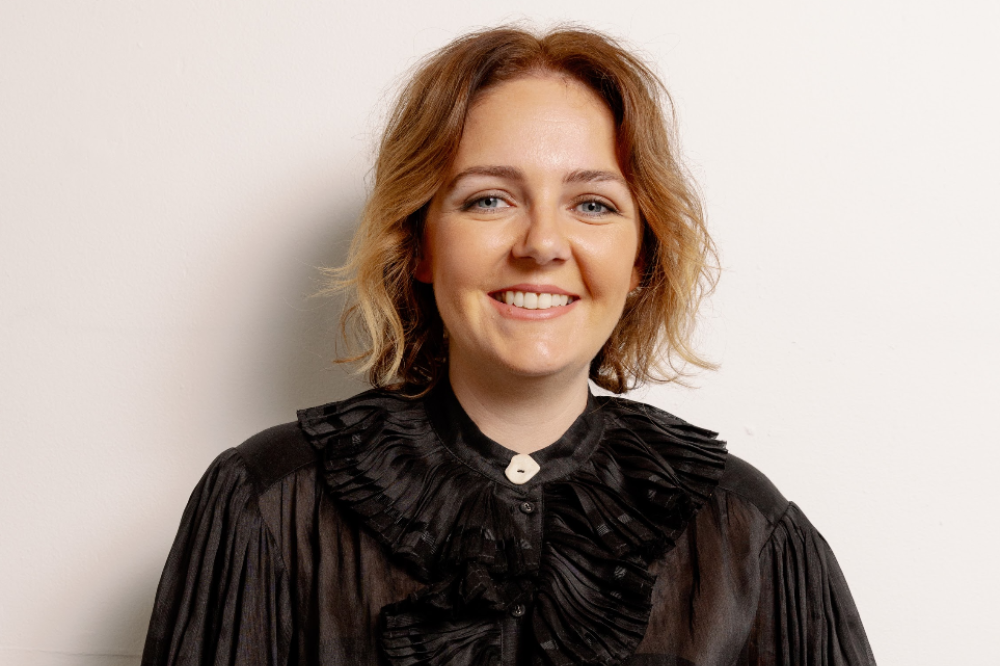
by Natalie Kradolfer
Music education in schools is at a crossroads, and the choices we make now will determine the future of Australia’s next generation of artists, fans, and industry workers. Despite its critical role in shaping culture and creativity, music education faces systemic challenges that threaten to silence its future.
It’s no secret that Australia, along with much of the world, is experiencing a severe teacher shortage. By 2026, Australia is projected to face a national shortfall in teachers, exacerbated by a global trend of declining teacher enrolments and rising attrition rates. Alarmingly, one in five teachers leaves the profession within their first five years. Music education, in particular, is bearing the brunt of this.
In Australia, only 18% of primary schools have a dedicated music teacher. The situation is marginally better in countries like the UK and the US, but the pipeline of new music educators is drying up across the board. For example, in 2023, just 25 students graduated with a Bachelor of Education from Sydney’s Conservatorium of Music, and all but one took up positions in prestigious private schools. This leaves public schools, particularly those in regional and remote areas, struggling to offer even the most basic music education.
This stark reality raises a difficult question: how can we ensure that every child has access to music education when there simply aren’t enough teachers to go around?
As a former music industry publicist turned co-founder of a music education startup — and a mother of two who cares deeply about both music and education — this is personal.
Launched in January 2022, Amplify is a platform designed to empower generalist classroom teachers – those who may not have any formal music training – to deliver high-quality music education in line with the compulsory curriculum. Amplify currently supports over 500 primary schools across Australia, equipping more than 6,000 teachers with the tools to teach sequential, engaging, and enriching music lessons to their students.
But Amplify is more than just a tech solution. Our approach incorporates Australian artists and industry professionals directly into the learning experience. By linking the music curriculum to real-world content created by artists students admire, we provide a unique opportunity for deeper learning. This connection isn’t just theoretical – it helps students understand the relevance of what they’re learning and builds a lifelong appreciation for music. And from an industry perspective, these students are the future fans, ticket buyers, festival-goers, and even the next generation of artists and industry workers. Amplify fosters those connections early, ensuring that the music ecosystem continues to flourish.
The impact of Amplify has been profound. We’ve had schools report an increase in student attendance since implementing Amplify, particularly among students in special needs settings who now have access to music lessons that go beyond nursery rhymes. Teachers, too, have reported greater confidence in their ability to teach music, a subject many never thought they could deliver. In short, Amplify is providing a dignified, meaningful educational experience that bridges gaps left by the teacher shortage.
Music education’s value extends beyond the classroom. As recent parliamentary inquiries in South Australia and New South Wales have shown, there is growing recognition of music education’s importance in nurturing creativity, improving academic outcomes, and fostering emotional intelligence. Yet, we need more than government support; the music industry itself must get involved. Whether through partnerships with artists, licensing and sync opportunities, or direct investment, the private sector has a critical role to play in ensuring that music education remains accessible and relevant.
When Brisbane was announced as the host city for the 2032 Olympic Games, the government immediately began rolling out programs in primary schools to identify and develop the athletes who will represent Australia on the world stage. We should be doing the same for music. Our future ARIA winners, international superstars, songwriters, and industry leaders are sitting in primary school classrooms right now. A robust, accessible music education will inspire them to participate in an industry that is as culturally important as it is economically vital.
Music is not just a niche subject; it is an integral part of the creative economy. Yet, without proper support, the next generation of musicians and industry professionals may never get their start. Through Amplify, we are addressing the immediate challenges of the teacher shortage by empowering schools with the tools they need to deliver high-quality music education. But more than that, we are creating a pathway for students to connect with music in ways that are engaging, accessible, and future-focused.
The future of music depends on the actions we take today. We must ensure that music education is a priority, both within the classroom and within the broader ecosystem of the music industry. Amplify is just one part of the solution, but with continued collaboration, innovation, and investment, we can ensure that every child has the opportunity to experience the transformative power of music.
Natalie Kradolfer is the Co-Founder & Managing Director at Amplify Music Education.


